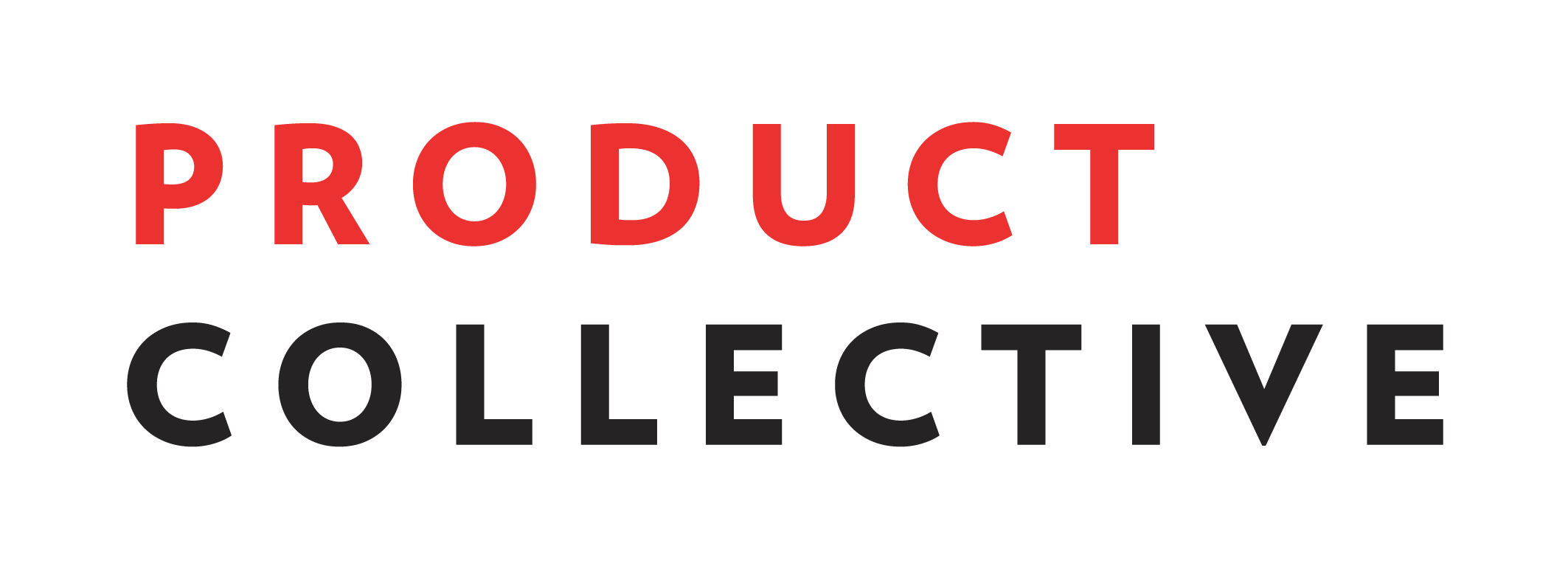The following insights were gleaned from a presentation at INDUSTRY given by Merci Victoria Grace, formerly of Slack @merci. Download Product Management TACTICS eBook for more.
Founders and Heads of Product at early stage companies are often trying to do two impossible things at once: take a product from 0-1 and take a product management team from 0-1.
For companies at the startup stage, some major challenges include finding the right product candidates, hiring the perfect fit, and building up the ideal product team. It’s important that the new product managers that are onboarded fit into the existing culture and values of the greater team. Every company has their own version of “product management” though, which can only be learned by actually practicing it. The product people that practice it, though, need to be the shape that fits into the company.
At a startup, who typically makes the best product people? Oftentimes, they are generalists who can do a variety of different things — or internal subject matter experts. Generalists work really well within startups because the needs of the organization can change over time. People that are highly adaptable and can move to different tasks and complete them well (and enjoy doing so) can be great initial product managers. But, don’t overlook internal associates that may start off in customer success, sales, or marketing. Their knowledge of the product over anybody from the outside can often make for valuable adds to a burgeoning product team.
When hiring those generalists though, startup experience does matter a lot. Whether somebody has worked at a major tech company (like Facebook or Google) matters less than whether they have thrived in a very early startup environment… even if the company is less known.
Use a hiring process that highlights real work and represents your culture. Finding ways to incorporate your current team into the interview process — whether for one-on-one interviews or a team interview — is one way to do that. But when interviewing, don’t just ask about experience with common platforms. Ask open-ended questions to prompt stories. Learn how they resolved conflict with a difficult person. Ask about how they would approach a situation. Get an understanding for how they behave in unpredictable situations (as many startup companies experience those quite often).
Choose a good problem — a real one — and ask the potential hire how they’d solve it. Great product managers will spend time drilling into what the problem is, and they’ll ask questions. The heart of product management is constantly asking questions. When going through the interviewing process, work to:
- Be consistent
- Ask about execution and impact
- Ask calibrated, non-leading questions
- Let candidates ask questions
- Ask candidates for feedback on your hiring process
Ultimately, this process is all about building trust. You need to be comfortable with letting them run the product. If you trust them on day zero to do the job, they’re going to do a better job. Set clear expectations. Help them understand what “great” looks like at your business. When people leave companies, they’re often leaving their boss — not the company.
But don’t move fast. In fact, hire slow. Fire fast. For every under-performer you’re keeping in place, you’re chipping away at engagement with your best-performing employees. Top performers don’t work well with low performers.
To view Merci’s full presentation, visit:
https://productcollective.com/0-1-product-teams-hire-scale-first-product-team/


